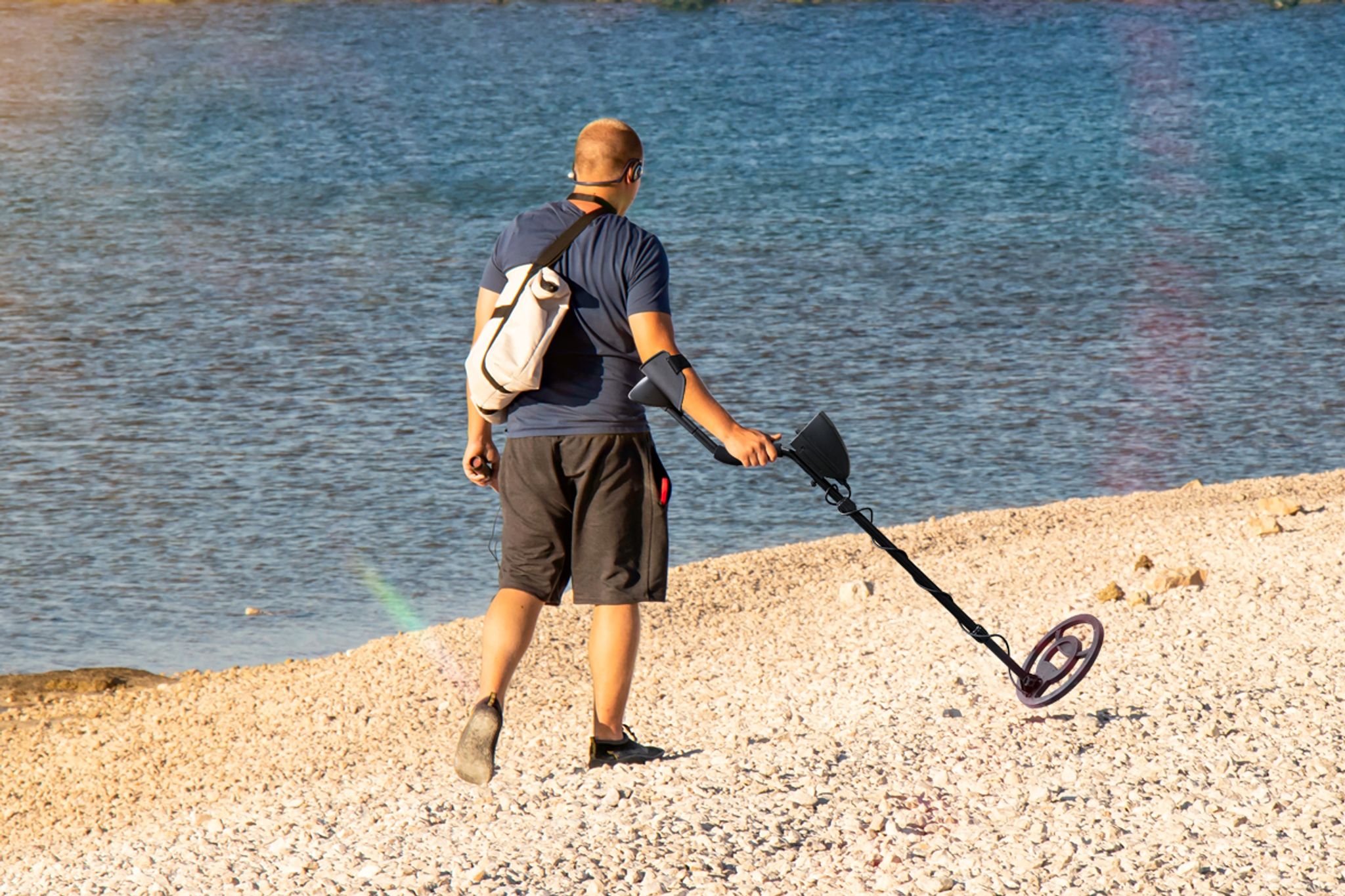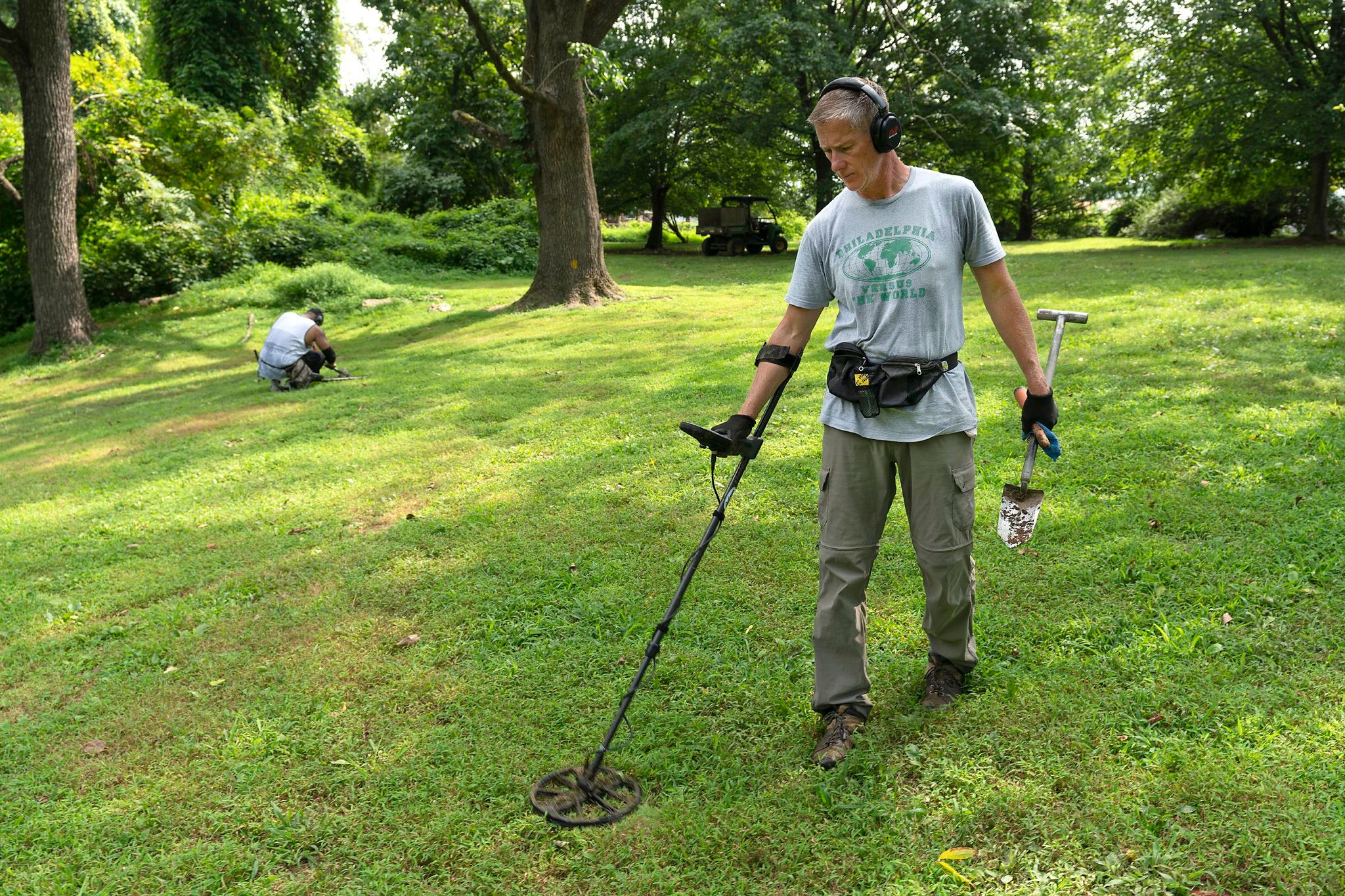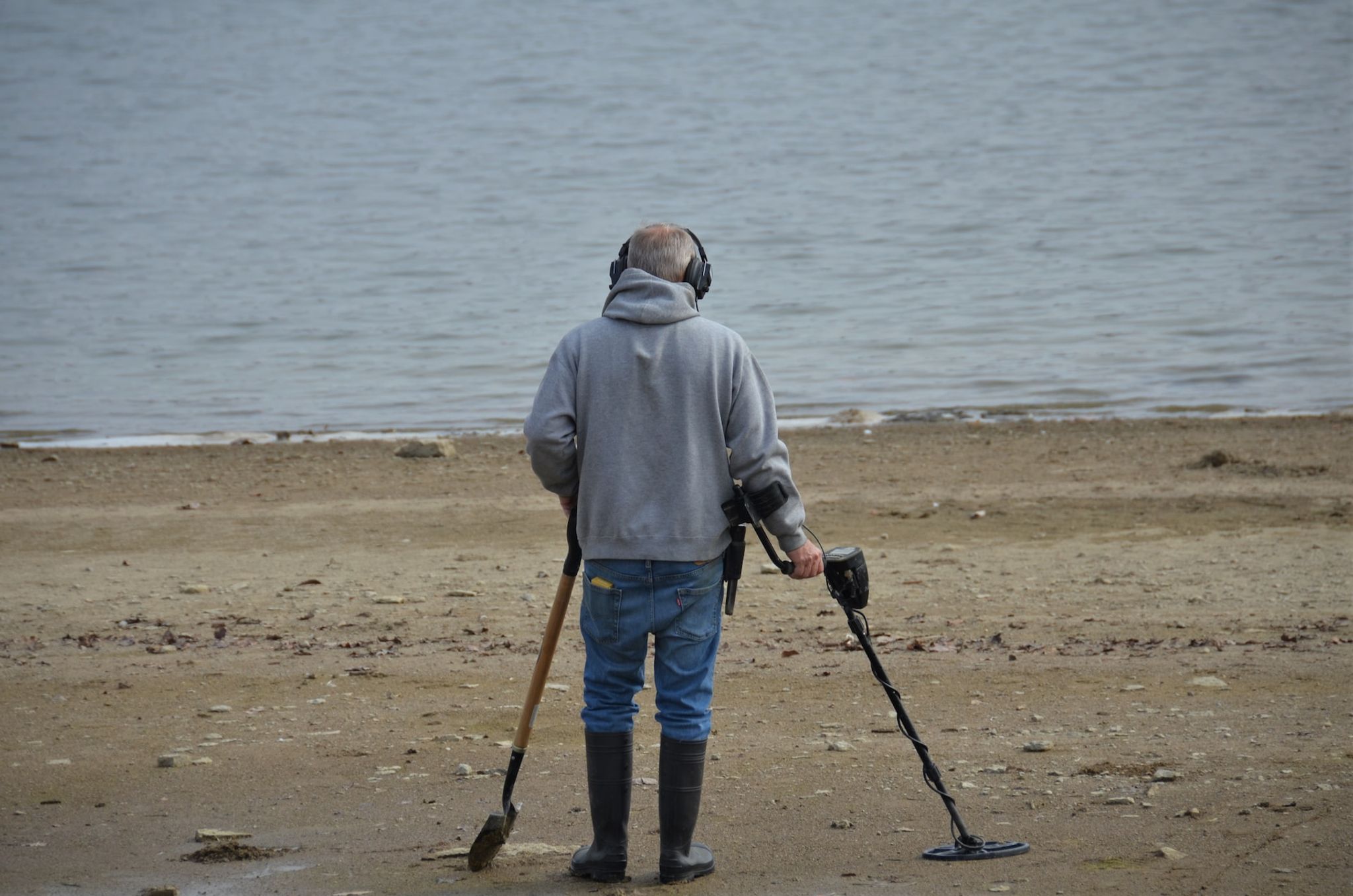
Suffla Guide For Beginners

Basics of Detector Technology
Suffla Metal Detectors are pretty cool devices used for finding things like hidden treasures. They work in a neat way. A detector consists of a coil of wire that generates a magnetic field when an electric current flows through it. When this magnetic field meets a metal object, it sort of wakes up a secondary magnetic field inside the object. This secondary field messes up the first magnetic field in the coil, and this change tells the metal detector that there's something metal around. So, when the detector makes a sound or shows a signal, it's telling you, "HEY, I FOUND METAL!"
Suffla Metal Detectors are pretty cool devices used for finding things like hidden treasures. They work in a neat way. A detector consists of a coil of wire that generates a magnetic field when an electric current flows through it. When this magnetic field meets a metal object, it sort of wakes up a secondary magnetic field inside the object. This secondary field messes up the first magnetic field in the coil, and this change tells the metal detector that there's something metal around. So, when the detector makes a sound or shows a signal, it's telling you, "HEY, I FOUND METAL!"

Ideal Metal Detecting Locations
Embarking on a new journey can be daunting, selecting suitable locations is key. Playgrounds, particularly those with swing sets and monkey bars, offer an array of artifacts. Exploring beneath bleachers at local parks or school fields can also yield rewards. Abandoned houses in your vicinity, depending on their age and location, might contain valuable treasures. Beaches are also beginner-friendly places—opt for tranquil beach moments during evenings or early mornings. Campgrounds provide another fruitful ground—while camping, use your detector to scan your surroundings for hidden things.
Embarking on a new journey can be daunting, selecting suitable locations is key. Playgrounds, particularly those with swing sets and monkey bars, offer an array of artifacts. Exploring beneath bleachers at local parks or school fields can also yield rewards. Abandoned houses in your vicinity, depending on their age and location, might contain valuable treasures. Beaches are also beginner-friendly places—opt for tranquil beach moments during evenings or early mornings. Campgrounds provide another fruitful ground—while camping, use your detector to scan your surroundings for hidden things.

Extra Equipment to Enhance Your Adventures
Beyond your metal detector itself, there are some essential items you should consider bringing along, including digging tools like a Lesche digger or a spade, a pin-pointer to speed up target retrieval, waterproof boots and a rain jacket to keep you comfortable in any weather, and headphones to conserve battery and respect others' space. There's a range of optional gear that can elevate your experience, from a small towel for cleaning finds to a dedicated gear box, and even bug spray to ward off unwanted critters. Packing the right equipment ensures you're well-prepared for a successful and enjoyable metal detecting outing.
Beyond your metal detector itself, there are some essential items you should consider bringing along, including digging tools like a Lesche digger or a spade, a pin-pointer to speed up target retrieval, waterproof boots and a rain jacket to keep you comfortable in any weather, and headphones to conserve battery and respect others' space. There's a range of optional gear that can elevate your experience, from a small towel for cleaning finds to a dedicated gear box, and even bug spray to ward off unwanted critters. Packing the right equipment ensures you're well-prepared for a successful and enjoyable metal detecting outing.